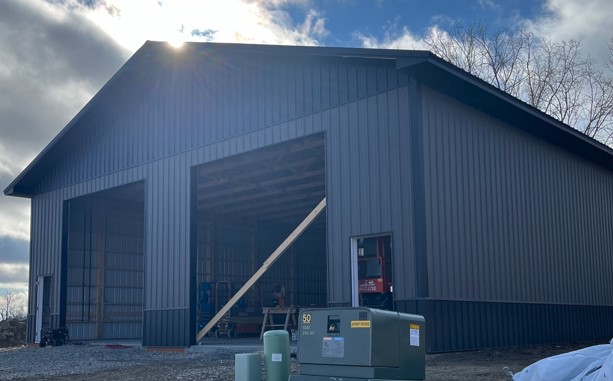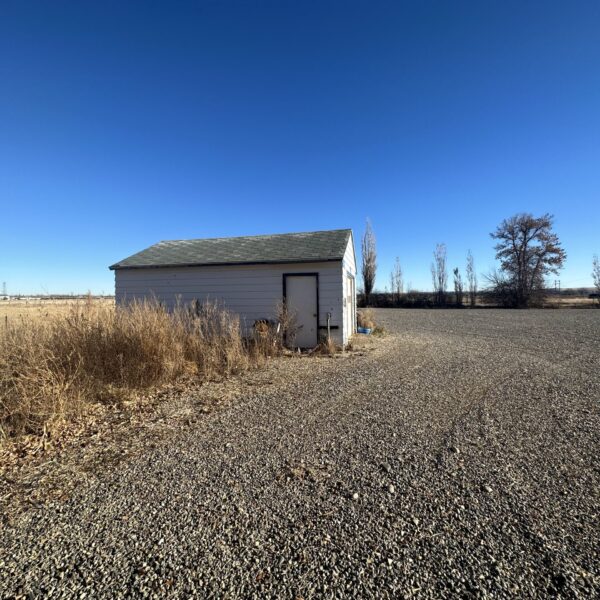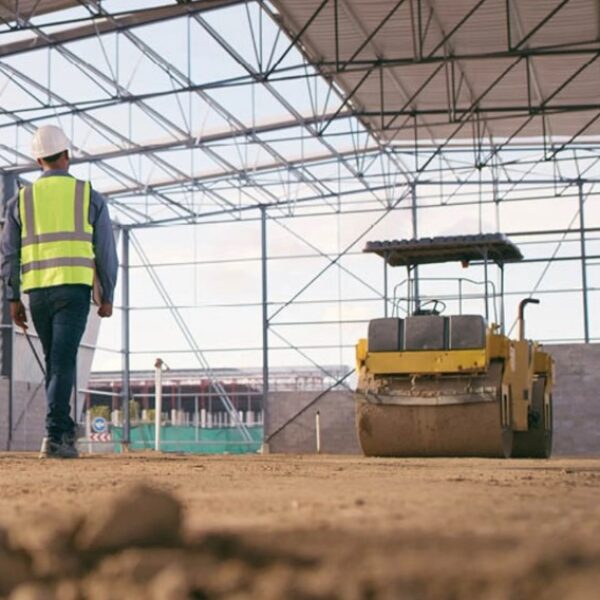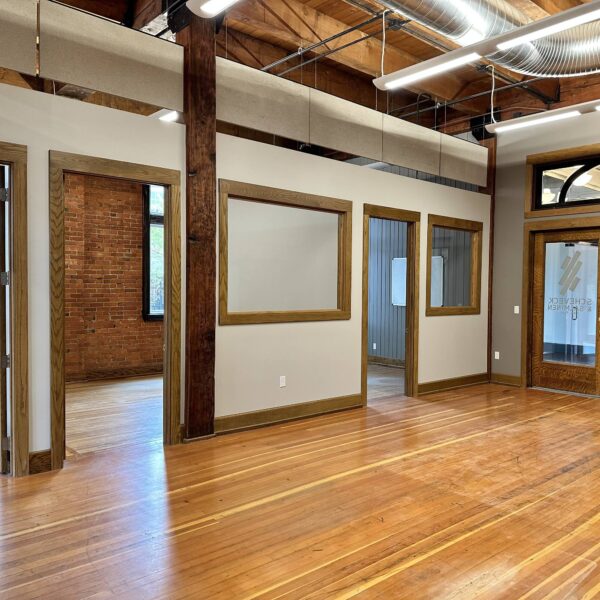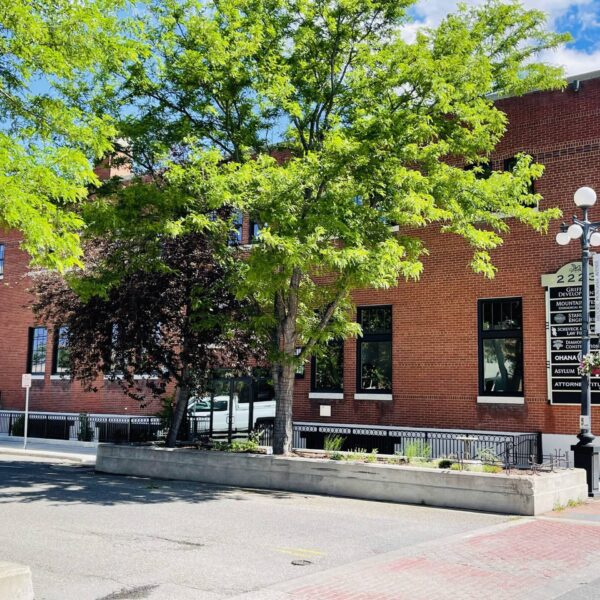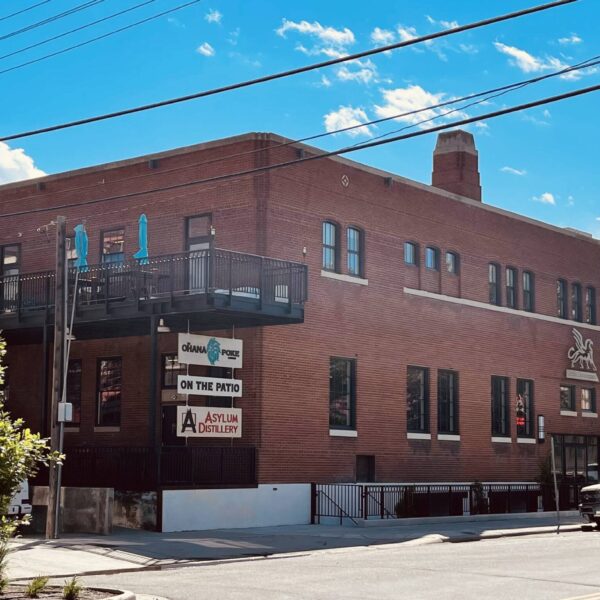When it comes to purchasing commercial buildings in your vicinity, the real estate market offers a plethora of options tailored to meet diverse business needs. Whether you’re looking for a retail space, an office building, or a warehouse, finding the right property near you can significantly impact your business’s success. This exploration aims to guide you through the process of locating and buying commercial buildings in your area, ensuring you make an informed decision that aligns with your business goals and requirements.
Identifying Your Needs
Before diving into the search for a commercial building, it’s crucial to clearly define what you’re looking for. Consider the size, location, and type of property that would best suit your business operations. Are you looking for a high-traffic retail space, or do you need a warehouse for storage and distribution? Understanding your specific needs will help narrow down the search and focus on properties that match your criteria.
Utilizing Online Platforms and Local Experts
The internet is an invaluable resource for finding commercial properties for sale. Numerous real estate websites specialize in commercial listings, providing detailed information about available properties, including photos, prices, locations, and specifications. Additionally, connecting with a local real estate agent who specializes in commercial properties can offer insider knowledge and access to off-market deals, further broadening your options.
Evaluating the Property
Once you’ve identified potential properties, a thorough evaluation is essential. Consider factors such as the condition of the building, any necessary repairs or renovations, zoning laws, and the potential for future growth or development in the area. It’s also advisable to consult with architects or engineers to assess the property’s structural integrity and compliance with local building codes.
Financial Considerations
Investing in commercial real estate requires careful financial planning. Beyond the purchase price, consider additional costs such as property taxes, insurance, maintenance, and any renovations needed to tailor the space to your business needs. Securing financing is another critical step, with options ranging from traditional bank loans to real estate investment trusts (REITs) and private lenders. It’s important to explore various financing avenues and choose one that aligns with your financial capacity and investment strategy.
Making an Offer and Closing the Deal
After thorough research, evaluation, and financial planning, the next step is making an offer on the commercial property that best suits your needs. This involves drafting a proposal that includes the purchase price, terms and conditions, and any contingencies such as financing approval or satisfactory property inspection results. Negotiations with the seller might follow to reach a mutual agreement. Once both parties have agreed on the terms, entering the closing phase involves finalizing the sale through legal documents and transferring ownership. This process often requires the assistance of real estate attorneys, accountants, and other professionals to ensure a smooth and legally compliant transaction.
Post-Purchase Actions and Getting Started with Your Commercial Property
After acquiring your commercial property, the next steps involve preparing the space for your business operations. This can include renovations, obtaining necessary permits and licenses, and setting up utilities and services. Collaboration with contractors, interior designers, or architects may be required to optimize the space according to your specific needs. Additionally, it’s crucial to consider the marketing and advertising efforts needed to launch or relocate your business successfully. Establishing a robust presence in your new locale, both physically and online, can help attract customers and set the foundation for your business’s growth.
Closing the Deal
After finding the right property and securing financing, the final step is closing the deal. This process involves negotiations, inspections, and legal paperwork, often facilitated by real estate professionals. Ensuring all due diligence is performed before finalizing the purchase can prevent future issues and ensure a smooth transition to owning the commercial property.
In conclusion, finding and purchasing a commercial building near you involves a series of strategic steps, from defining your needs and exploring the market to evaluating properties and securing financing. With careful planning and the right support, you can successfully navigate the commercial real estate market and find a property that serves as a valuable asset to your business.


